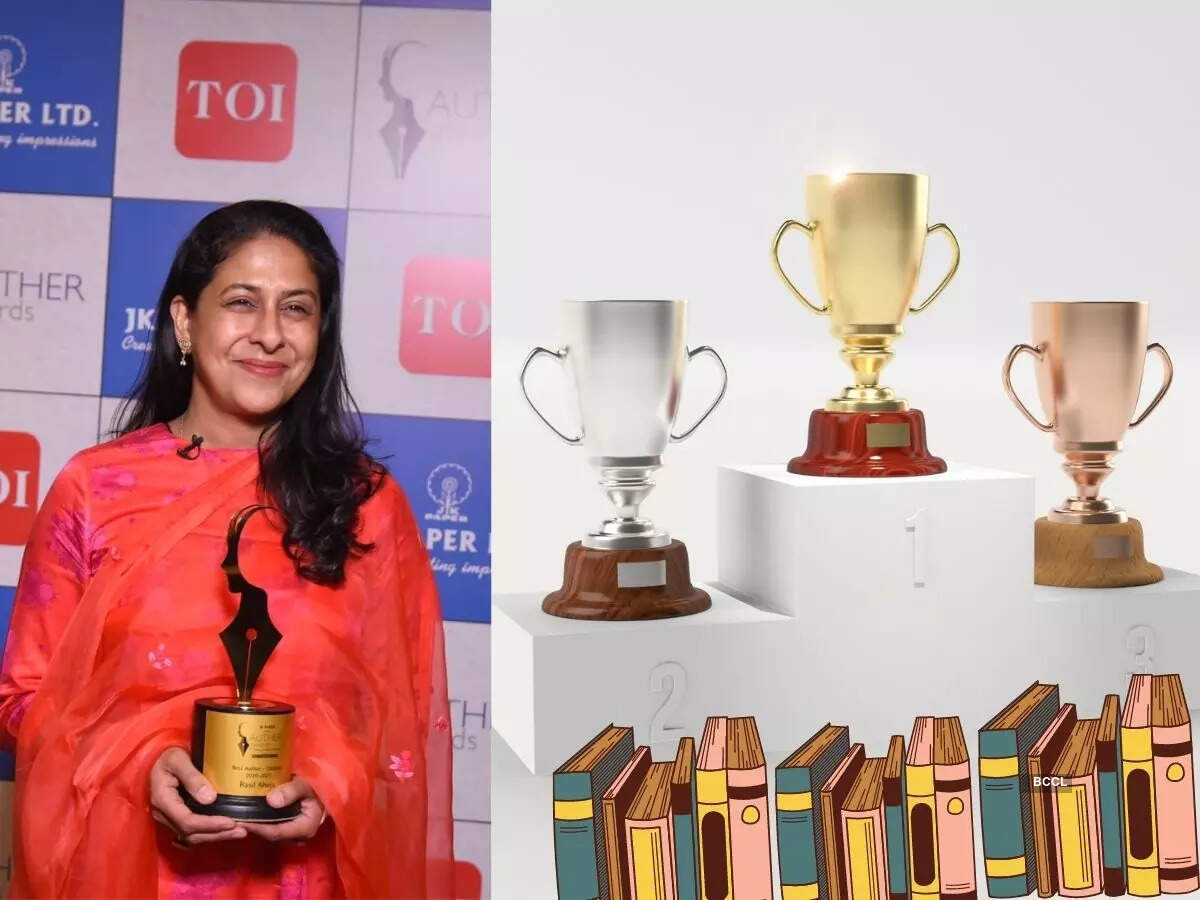
By – Rasil Kaur Ahuja, author and AutHer Awards 2021 winner- children's category.
Why do authors write?
Definitely not for the money because let’s face it - writing is not a lucrative profession. Definitely not to massage their ego. I mean, would you willingly bare yourself to an audience of critics? And definitely not to win any popularity contest. How many authors can you name before Enid Blyton reappears on your list?
Writing is truly a labour of love. An author’s greatest hope is to form that elusive connection with the reader. So, when you laugh, cry or grimace while reading a book, the author has tasted success, but sadly without ever knowing it. Authors write because they feel compelled to tell a story and are willing to risk criticism for your appreciation.
In the literary world, one of the highest forms of appreciation is a book prize. An award is recognition and validation of an author who has spent endless months and years banging away on the metaphorical typewriter. It is also, possibly, a repudiation of the marketplace that may either be ignorant or worse have ignored the work.
And yet, despite a near equal number of published books by male and female authors, when it comes to literary prizes there is a yawning gender divide. The more prestigious the literary award, the less likely it is to be conferred on a woman.
In 2015, Nicola Griffith founded the Literary Prize Data working group. She examined 15 years of data from arguably the most esteemed book prizes in the world for English fiction. Griffith looked at two aspects related to gender: women as authors and women as protagonists. Between 2000 and 2014 (2015 for the Pulitzer since no prize was given in 2012), only six awards each from the Pulitzer, Man Booker, National Book Award, and the Hugo award were presented to women.
Over 15 years, women won 41 out of the 90 total prizes. Of these 90 award-winning books, only 15 were written wholly from a female point-of-view. If we remove the Newbery from this list, since children’s literature generally has a more equal distribution of male and female authors and points-of-view, the numbers become far more dramatic. Griffith’s data tell us that women won only 31 out of the 75 awards and only seven of these award-winning books were written entirely from a female point-of-view.
SEVEN.
When women are under-represented both in ceremony and story, we narrow the world for ourselves and future generations. We miss out on and exclude conversations that expand, uplift, and challenge our thinking. Bias of any form dehumanises us all.
Book prizes signal quality (those shiny stickers attract the eye).
Book prizes lift our cultural conversation (remember those heated book club exchanges?).
Book prizes are a nod to an author’s contribution to a canon of literature (lists are the best).
Whether you like them or agree with them, book prizes matter. When a juror or reader assigns value to books about one gender, we stand to lose more than just a good story. As half of humanity, it is of great and enduring consequence that women and our stories find honour and be honoured.







